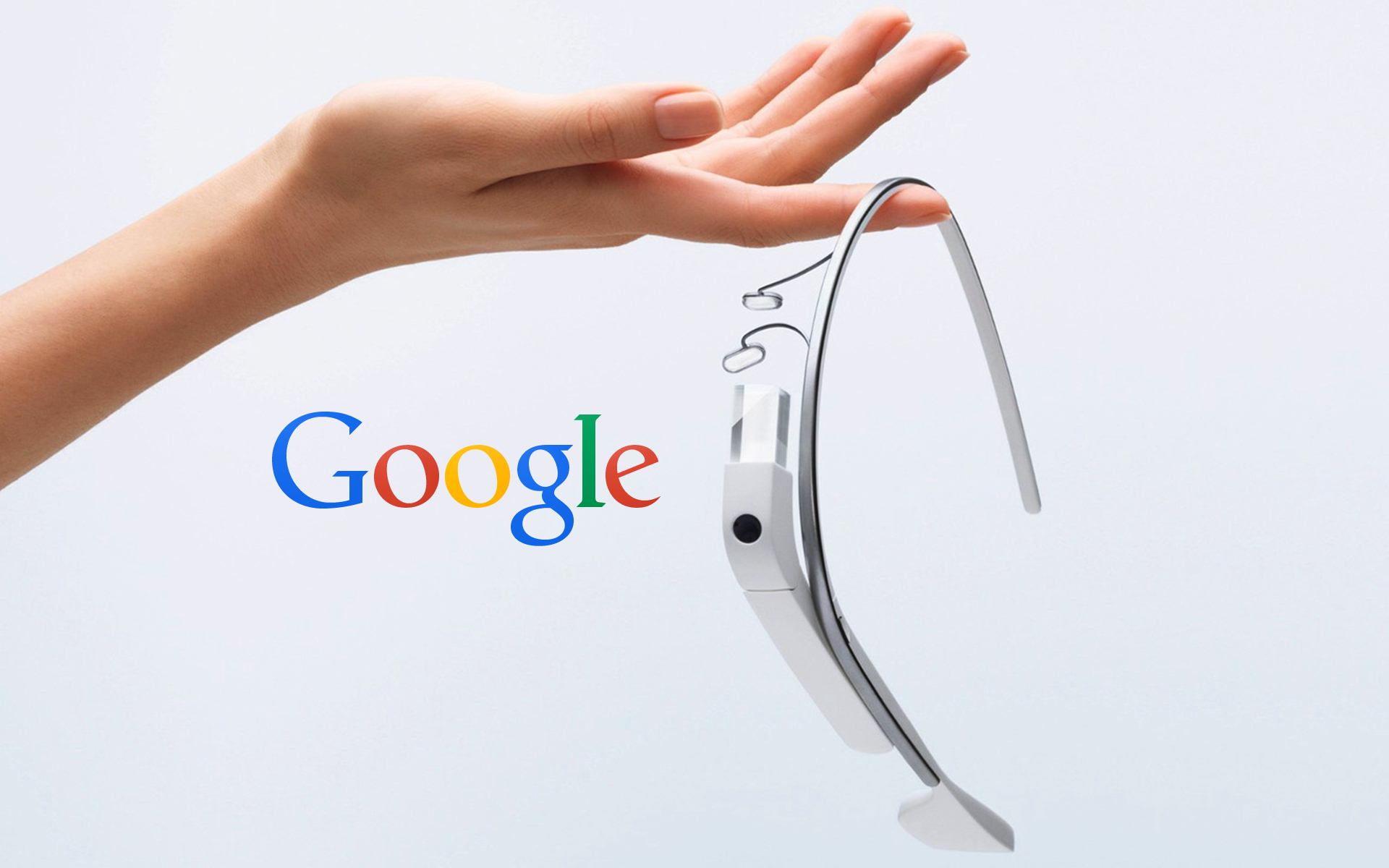After using Google Glass for about 18 hours a day, a man was admitted to a substance and recovery program for Internet addiction disorder. He’s believed to be the first patient with Internet addiction disorder triggered by the overuse of Google Glass. Although the disorder is not officially recognized by the Diagnostic and Statistical Manual of Mental Disorders, it's becoming increasingly problematic.

In the two months since he bought the device, the user, who remains anonymous, only removed it to sleep and take showers, and said he felt argumentative and irritable when he wasn’t wearing it. He also experienced dreams as if viewed through the device’s small window.
The 31-year-old man was serving the U.S. Navy when he was admitted to the program, where he was using Google Glass for his job making inventories of convoy vehicles. When he entered the Navy’s treatment center, he was suffering from involuntary movements and memory loss, and doctors observed him tapping his fingers at his temple as if he were using the Google Glass touchpad. After completing 35 days of treatment at the center, the tapping behaviors stopped and the man became less irritable when not wearing the headset. He also had a history of substance abuse, obsessive compulsive disorder, anxiety, and depression.
According to Dr. Andrew Doan, head of addictions and resilience research at the U.S. Navy’s Substance Abuse and Recovery Program, people are clearly suffering from Internet addiction, and it’s only a matter of time before the research and treatments are up to speed.
When it comes to cases like these, Doan told The Guardian that since the wearable device is always there, the neurological reward associated with it is constantly accessible.
“There’s nothing inherently bad about Google Glass,” Doan said. “It’s just that there is very little time between these rushes. So for an individual who’s looking to escape, for an individual who has underlying mental dysregulation, for people with a predisposition for addiction, technology provides a very convenient way to access these rushes.”
After being released, the patient was referred to a program for his alcohol abuse issues, and was feeling positive about his recovery.
Internet addiction disorder isn’t officially recognized by the Diagnostic and Statistical Manual of Mental Disorders, and is often considered an issue stemming from a larger problem, but it’s recently been listed as an area for further study.
Story via The Guardian
Advertisement
Learn more about Electronic Products Digital





